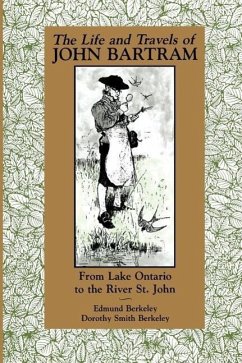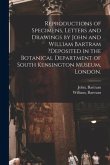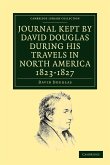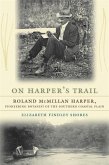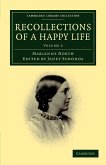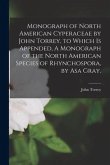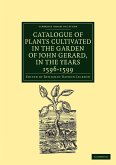"A long needed biography of the pioneering American naturalist whose explorations and collecting were so influential in the founding of American natural history." --Nina J. Root, American Museum of Natural History "Will stand the test of time as the biography of a significant member of the Anglo-American natural history circle."--Journal of American History "Historians of American culture and science will read this book with profit and gratitude to it authors. . . . and its text and generous illustrations will appeal to anyone who has ever planted and kept a garden or simply loves nature."--Whitfield J. Bell, Jr., American Philosophical Society The Berkeleys re-create the life of the colonial Quaker who became George III's botanist for North America, from his childhood in sparsely settled Pennsylvania in the early 1700s, his Quaker schooling, his friendship with Benjamin Franklin, and his growing interest in botany, ecology, and better methods of farming. Bartram's pioneering excursions took him as far north as Lake Ontario, west to Pittsburgh, and south through the Carolinas and Georgia to Florida. He was often accompanied by his son, William, who was to become a famous botanist also. Maps and drawings of people, plants, and places in Bartram's life enrich the text, and extracts from his extensive correspondence reveal the exchange of plants, seeds, animals, and fossils as well as ideas with other colonials who, with Bartram and Franklin, would found the American Philosophical Society.
Hinweis: Dieser Artikel kann nur an eine deutsche Lieferadresse ausgeliefert werden.
Hinweis: Dieser Artikel kann nur an eine deutsche Lieferadresse ausgeliefert werden.

